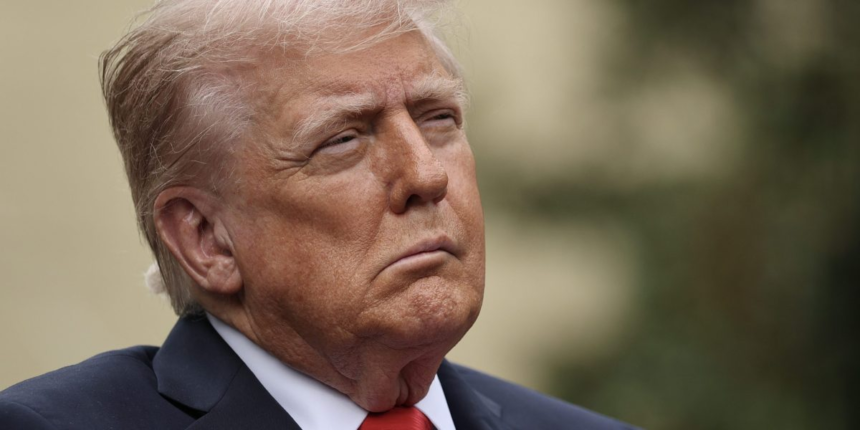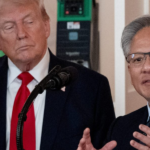That volatility has become the new normal. Small firms plan around policy uncertainty as a baseline, despite lacking trade consultants, legal teams, and cash reserves that larger corporations use to navigate changes. Big companies can stockpile inventory ahead of tariff deadlines, diversify suppliers globally, and tap established credit lines to ride out chaos. Small businesses, without credit or capital, are forced into reactive decision-making with no cushion. Once again, the policies designed to protect them become weapons against them, strengthening the corporations they were meant to contain. Meanwhile, the small businesses that were supposed to benefit from an ‘America First’ trade policy find themselves priced out by the protection meant to help them.
The damage is not limited to higher inventory costs — policy volatility cuts off access to credit small businesses need most.
Banks demand multi-year business plans for credit approval, but trade policies change weekly. When tariffs on inputs can swing from 0% to 145% each quarter, financial projections become meaningless.
Meanwhile, larger companies have the resources and established credit lines to weather any storm. Small businesses don’t.
The credit crunch is only half the story. Many large corporations benefit from “stockpile strangulation” — bulk-ordering inventory before tariff deadlines, spreading customs fees across thousands of units and paying pennies per item.
Banks lack systems that provide real-time market visibility. They already understand external shocks — ski resorts get different credit terms in summer because seasonal revenue drops are predictable business cycles, not management failures. Yet when tariffs force businesses to abandon forecasting because trade rules change weekly, lenders often misread the situation.
Many demand precise projections, treating volatile margins as red flags. Small businesses need financial partners who recognise that when the vast majority of importers face identical uncertainty, they’re looking at systemic market conditions rather than individual business problems.
Without accessible credit or reserves, small businesses are left reacting to policy shocks while larger competitors plan quarters ahead. They desperately need predictability. A 12–18 month tariff roadmap would let them plan strategically rather than gamble on tomorrow’s policy announcements. The administration favours negotiating flexibility over certainty, costing small-business survival. Large corporations already enjoy predictability through lobbying and insider intelligence; a public roadmap would level that playing field and remove unfair advantages created by chaos.
Chaotic implementation exposes how vulnerable small businesses are to policy shocks, and when they contract, damage spreads. Workers lose jobs, labour markets weaken. Large companies can absorb the blows, but the dry cleaner, toy importer, or family-run retailer cannot.
The fundamental contradiction persists: trade protection succeeds only when protected businesses can benefit from it. Today, policies meant to strengthen American enterprise are eliminating the entrepreneurs who embody it. Small businesses drive nearly half the economy; they deserve better than being collateral damage in a trade war that works for everyone except them.
The opinions expressed in Fortune.com commentary pieces are solely the views of their authors and do not necessarily reflect the opinions and beliefs of Fortune.









